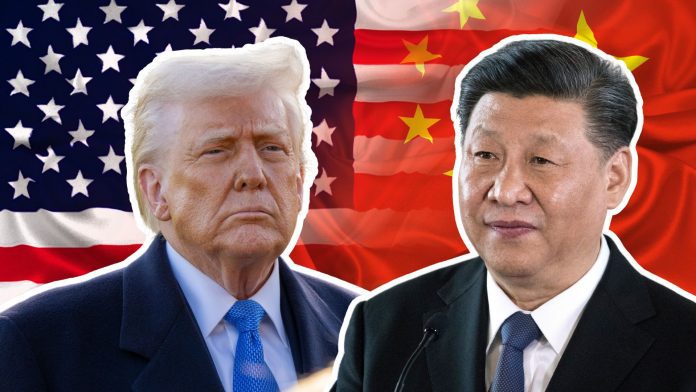In a move few expected, the United States and China agreed on Monday to a sweeping rollback of the tariffs that had fueled fears of a global trade war and battered economic confidence. The agreement slashes most reciprocal tariffs down to 10% for the next 90 days, giving the world’s two largest economies time to negotiate a broader trade pact.
After months of rising trade tensions, the deal marks a significant de-escalation, with both countries reducing retaliatory tariffs that had been raised as high as 125%. The U.S. also secured a suspension of certain Chinese non-tariff measures, potentially including export restrictions on critical minerals used in advanced technologies.
U.S. Treasury Secretary Scott Bessent, speaking from Geneva, Switzerland, said both nations were committed to avoiding a total economic decoupling. He told reporters that the truce was “a pathway to a durable agreement.”
It is important to note that markets responded immediately, with the U.S. stock futures jumping, the dollar climbing, and bond yields rising as investors welcomed the news.
While the 10% tariffs will remain in place for three months, they leave room for continued negotiation. However, a 20% tariff linked to China’s alleged role in the fentanyl crisis remains, meaning most Chinese imports will still face an effective 30% levy. Steel, aluminum, and auto tariffs also remain unchanged.
Behind closed doors, the fentanyl issue was a sticking point. In a Saturday meeting, Bessent reportedly used sugar granules to dramatize the lethality of fentanyl, underscoring U.S. concerns. Trump has repeatedly accused China of facilitating the illicit fentanyl trade—a charge Beijing denies.
The truce offers relief for businesses and consumers in both countries. Before the agreement, tit-for-tat tariffs had nearly halted trade between the U.S. and China, raising prices and tightening supply chains. With the new framework in place, both governments hope to avoid another round of retaliatory escalation sparked by Trump’s initial April 2 tariff hike.
Though challenges remain, the unexpected compromise provides a critical pause in the economic standoff—and a chance to reset relations.



